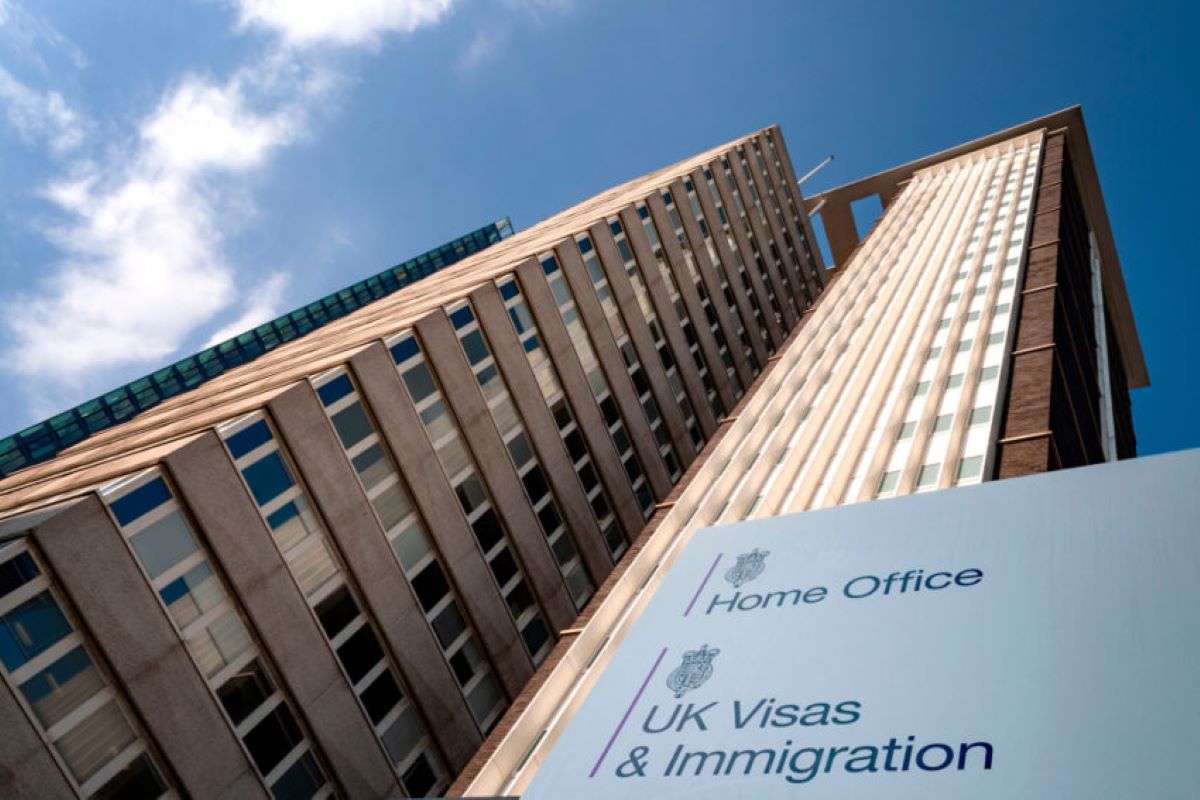
Earlier this year the Home Office launched three new visa routes to support immigration and to help UK businesses grow. The Scale-up Route, launched in August 2022, is designed to offer more flexibility to tech scale-ups that want to recruit workers from overseas. We’ve gathered some of the key details from the Department for Digital, Culture, Media and Sport (DCMS), and employment law specialists at both BRM Solicitors and Bhayani Law have given us some expert opinion on the advantages and potential pitfalls of the Scale-up Route.
The Scale-up Route – who is it for?
This route can be used by UK businesses that hold a Scale-up sponsor licence. To qualify for a licence the DCMS says a business must “meet the published definition of a scaleup, which can be verified through checks with HMRC”. You can check the criteria on pages 10-11 of this document.
Whilst the new route does look to be a good way for rapidly growing tech businesses to attract and recruit international talent, some small businesses may be disappointed. Georgia Jeonney, Trainee Solicitor at BRM Solicitors, explains,
“The scale up route has been introduced as an alternative to the usual skilled-worker route, with the added benefit of there being no immigration skills charge and a streamlined application process.
“There are however concerns that many businesses, particularly start-ups and others who may have looked to take advantage of the Scale-up Route, will not meet the definition of a scale-up business as they will need to show that they have achieved growth of 20% or more for the last three years and have at least 10 employees at the start of the 3-year period.”
More flexibility but a warning to employers
Individual visa holders must be employed by a qualifying Scale-up sponsor company for six months in a graduate level role with a minimum salary of £33k.
After this six month period, the visa holder is able to move roles either within the same company, or they can move to a new company, with or without a Scale-up sponsor licence.
This is a big advantage to employees, who are not bound to a particular role or company beyond six months. It can also be of benefit to the employer, as they can move a talented individual into different parts of the business. However, it might also be a pitfall of the new route, as Lindsey Gaimster, Director & Head of Employment Law at Bhayani Law explains,
“A key difference to other sponsorship routes is that after six months the employee is free to move to a new role within the existing company or find work elsewhere. This gives increased flexibility for the employer but also means they may face more competition to retain the talent they have invested in.
“Well drafted contractual provisions for notice periods and post-employment restrictions will be essential for employers looking to protect their businesses.”
The right route?
The DCMS has acknowledged the difficulties our sector has had in navigating the immigration system, and has published a customer journey map to help guide you through the different options, and find the right route for you.
The flexibility that the Scale-up Route offers to visa holders and to employers will hopefully give Sheffield’s growing tech businesses a boost by attracting more talented international workers to our city.
In line with what our employment law experts have advised, we recommend getting to grips with the criteria first to make sure you can qualify as a Scale-up sponsor. Keep that six-month clause in mind when planning the role and remember, whilst there’s a risk you could lose the employee when this time is up, the new route also means there will be more visa holders in the market looking for new roles once they’ve completed their initial six-month commitment elsewhere.
More information about the immigration routes can be found on GOV.UK and you can get in touch with James Usmar (james.usmar@dcms.gov.uk) or Ruphina Ochanda (ruphina.ochanda@dcms.gov.uk) if you have questions and/or concerns.